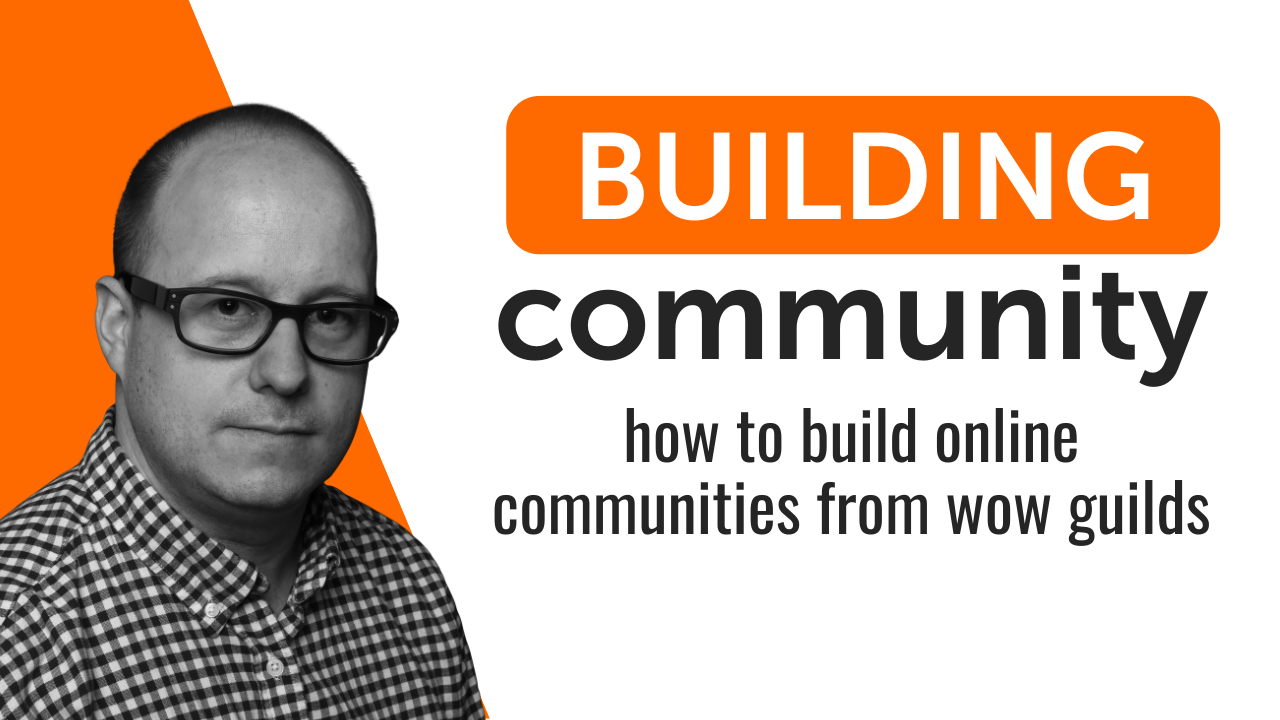
Online community establishment, along with maintenance, proves difficult for organizations. The initial membership acquisition does not guarantee continued member participation. Some members drift away silently. Others remain passive observers. Online communities exist that continue to thrive throughout numerous years. What sets them apart?
Learning from WoW Guilds
World of Warcraft (WoW) guilds provide researchers a distinctive perspective on the elements that make long-lasting virtual communities thrive. The gaming groups created enduring member connections since their establishment in 2004. The game’s competitive elements, together with its dynamic mechanics, have not prevented guilds from surviving because they rely on organization and service delivery with unified direction. Services like Mythic Plus Carry at ConquestCapped reflect how these communities help each other progress, demonstrating their collaborative spirit. The fundamental aspects that yield success in WoW guilds directly correspond to the foundation of fan clubs and learning cohorts, as well as Discord servers and other digital communities. The true worth emerges from the methods by which communities are constructed and preserved.
What Makes a Strong Online Community
1. Purpose Beyond the Platform
A common interest is not enough. Communities grow when members feel seen, heard, and trusted. Creating a few chat threads won’t suffice. Structure, consistency, and human warmth create a real community, not algorithms.
Key characteristics of resilient communities:
- Shared purpose that motivates participation.
- Clear rules and expectations that are consistently enforced.
- Adaptive leadership that listens and evolves with the group.
- Channels for connection, like regular updates and events.
- Opportunities for contribution, giving everyone a role or voice.
- Smooth onboarding to help newcomers integrate.
- Fun and value, making engagement worthwhile.
2. Human-Centered Leadership
Communities don’t thrive under control; they thrive under careful guidance. In successful WoW guilds, leaders aren’t micromanagers; they are enablers. They cultivate a sense of mission, make space for others, and balance structure with flexibility.
Types of effective leadership include:
- The Facilitator focuses on communication and coordination.
- The Visionary inspires long-term goals and culture.
- The Empath focuses on member well-being and cohesion.
Regardless of the style, consistency and responsiveness build trust over time.
Tools That Help Online Communities Thrive
3. Digital Infrastructure Done Right
Smart use of digital tools makes or breaks an online community. The right combination enhances collaboration, simplifies communication, and minimizes admin fatigue. Guilds often rely on:
- Discord – for chat, voice, and announcements.
- Raid planners – for event coordination.
- Loot trackers – for fair recognition and reward.
These translate well into other contexts. For example:
- Trello or Notion – to track projects or group resources.
- Google Forms – for polls, applications, or feedback.
- Slack polls or Discord bots like MEE6 and Sesh – for easy engagement and scheduling.
Keep It Small to Keep It Strong
4. The Power of Micro-Communities
Bigger isn’t always better. Groups over a certain size often see reduced engagement and connection. Smaller groups enable stronger bonds and clearer communication.
WoW raid teams, for example, often perform best with 10 members rather than 25. Smaller groups encourage accountability and reduce friction.
In early community stages, focus on depth over breadth. Let trust, habits, and rituals grow organically. Scaling will follow.
New Sections for Further Depth
5. The Role of Rituals in Sustaining Engagement
Rituals turn a group into a culture. These can be small traditions (Friday memes, monthly Q&As, game nights) or milestone celebrations (anniversaries, welcome events). Rituals provide predictability, build anticipation, and strengthen identity.
Examples:
- “Welcome Wednesdays” for onboarding new members.
- “Monthly MVP” to recognize contributions.
- Weekly goal check-ins or discussion prompts.
6. Navigating Conflict and Burnout
Where there are people, there will be tension. Strong communities create safe spaces for disagreement, clear paths for feedback, and avoid burnout by spreading responsibilities.
Tips:
- Set boundaries for time commitments (e.g., optional participation tiers).
- Rotate leadership or task ownership.
- Use anonymous suggestion boxes or conflict-resolution channels.
Final Thoughts
World of Warcraft guilds offer rich lessons in community leadership, mutual support, and digital organization. Whether you’re running a fan club or a professional learning circle, the key takeaways are the same: clarity, connection, and care.
Start small. Stay intentional. And remember, the best communities aren’t built overnight. They grow through shared purpose, thoughtful structure, and the enduring magic of human connection.
Interested In Working Together?
Introducing Delivered Social. We’re The Most-Rated Digital Agency In Surrey & Hampshire – We’ve Got To Be Doing Something Right.
Delivered Social is a digital marketing agency with one mission—to help businesses grow. We’re famous in Guildford and Portsmouth for our social clinics. We believe in free advice. We build lasting relationships because our team prides itself on being helpful, which our clients appreciate.
If you are looking for a new website or an agency to manage your social media presence, we can help.
If you need something slightly different, here's a super handy list of all our services, or you can always email us.























